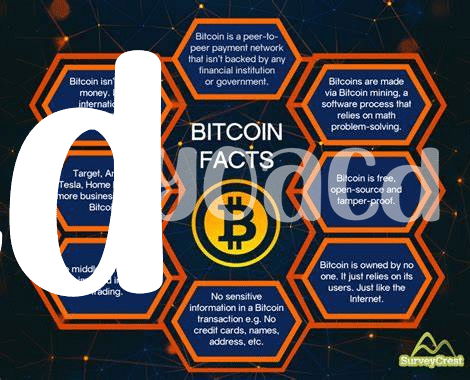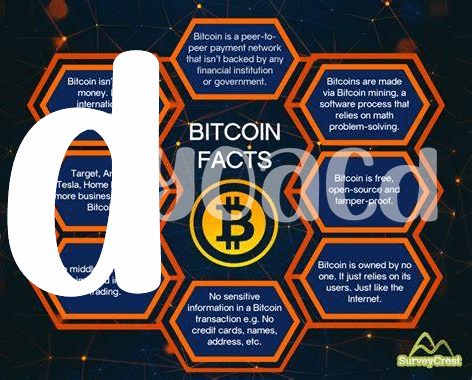What Is Quantum Computing? 🖥️

Imagine having a super-fast computer that thinks very differently from the laptops and phones we use today. That’s exactly what quantum computing offers – a mind-boggling leap into what sounds like science fiction. These computers don’t use the regular bits (you can think of them as tiny switches that can be either off or on) that current devices use. Instead, they use quantum bits, or qubits, which can be in a state of off, on, or both at the same time! This allows them to solve complex problems, like unraveling complicated codes, much faster than the best computers we have now.
Quantum computing could be a game-changer in many areas, from medicine to space exploration. However, it’s not all smooth sailing; these powerful machines also present new challenges, especially in the world of digital security. To understand how significant this is, consider how securely information is stored or transactions are made online. Now imagine a computer that could potentially bypass these security measures with relative ease. The table below highlights some key contrasts between traditional computing and quantum computing, showcasing why the latter has everyone from scientists to security experts paying close attention.
| Feature | Traditional Computing | Quantum Computing |
|---|---|---|
| Basic Unit of Data | Bit (0 or 1) | Qubit (0, 1, or both) |
| Processing Power | Limited by physical hardware | Exponentially higher due to quantum superposition |
| Security Implications | Current encryption methods are effective | Potential to break traditional encryption easily |
This incredible potential comes with big questions, especially when we think about safeguarding our digital world.
Basics of Bitcoin and Its Security 🛡️
Imagine a digital treasure chest, where instead of gold and jewels, it’s filled with digital coins known as Bitcoins. Just like a treasure chest, it needs a strong lock to keep pirates and thieves at bay. Bitcoin achieves this with a form of digital lock-and-key system, making it incredibly secure. At the heart of this system is something called cryptography, a method of disguising and revealing (or encrypting and decrypting) information. Every Bitcoin owner has a private key, think of it as the most complex password you could ever have, which they use to access their Bitcoins. Plus, all transactions are publicly recorded in a ledger, known as the blockchain, ensuring that every coin’s journey is tracked, making stealing or forging Bitcoins exceptionally difficult. But as with all treasures, there’s always the concern of a bigger, badder pirate looming on the horizon. One such potential threat? Quantum computing. To dive deeper into the swirling waters of Bitcoin security myths and facts, check out https://wikicrypto.news/phishing-in-the-bitcoin-sea-avoiding-the-security-hooks.
Quantum Threats to Bitcoin Explained 🚨

Imagine a sneaky, super-fast thief that can pick any lock in the world, no matter how sophisticated the lock is. That’s a bit like how quantum computing poses a threat to Bitcoin. Unlike regular computers, which think in a straightforward “yes or no” way, quantum computers can ponder a whole bunch of possibilities all at once. 🚀 This means they could potentially figure out the special digital keys that keep your Bitcoin safe faster than you can say “blockchain.”
Now, let’s dive a little deeper. Bitcoin’s security mainly relies on a type of math puzzle that’s really hard and time-consuming for normal computers to solve, but might be a piece of cake for quantum computers. 🍰 This could let someone with a quantum computer take control of Bitcoin transactions in a way that’s not good, like stealing Bitcoin or messing with transactions. It’s like having a superhero power that, in the wrong hands, could cause chaos in the world of digital money. 🌍🛡️
Can Quantum Computing Crack Bitcoin? 🔓

When we think about the power of quantum computing, it’s like imagining a superhero who can solve puzzles lightning-fast, puzzles that even the smartest people and the most advanced computers today would need years to figure out. So, when this superhero sets its sights on Bitcoin, you might wonder, is our digital treasure at risk? Picture Bitcoin as a super secure vault. Right now, the lock on that vault is so complex, it’s practically unbreakable with the tools we have. But here’s where it gets interesting—quantum computing could become the master key capable of picking this lock much quicker than we ever thought possible. However, it’s not all doom and gloom. The Bitcoin community is not sitting on its hands; it’s actively working on creating new, quantum-resistant locks. This is a bit of a race against time, though, as quantum computers are advancing rapidly. To understand more about what puts Bitcoin’s security at risk, learning about who created bitcoin security concerns can shed some light on potential vulnerabilities and the steps being taken to fortify its defenses. In essence, while quantum computing has the raw potential to crack Bitcoin’s security, the actual showdown between these two giants of technology might unfold differently, thanks to ongoing efforts for stronger protection.
The Race for Quantum-resistant Encryption 🏁
In the exciting world 🌍 of technology, scientists and computer experts are racing 🏎️ against time. They are working hard to develop new kinds of protection that can keep our digital treasures safe from the incredibly powerful quantum computers of the future. These new guards for our digital information are called quantum-resistant encryptions, and they’re super important because they can protect things like emails, bank details, and even Bitcoin from being broken into by these super-powerful computers.
| Stage | Focus | Goal |
|---|---|---|
| Research and Development | Creating encryption methods immune to quantum attacks | Ensure long-term security of digital assets |
| Implementation | Integrating these methods into existing systems | Protect critical infrastructure and personal data from future threats |
| Adoption | Widespread use of quantum-resistant technologies | Maintain the integrity of global communications and financial systems |
As we step into this future, the race is not just about who can make the fastest or most powerful computer. It’s also about who can build the best shield. Just like in superhero movies 🦸♂️, where the heroes need to upgrade their armor to fight stronger villains, in our world, as computers get stronger, we also need to upgrade our security to protect against these new supercomputers. It’s a challenging journey, but one that’s crucial for keeping our digital world safe and secure.
Future of Bitcoin in the Quantum Era 🌐

As we stand on the brink of the quantum era, the future of Bitcoin faces its most significant test yet. Imagine a world where super-fast quantum computers have the power to solve complex problems in the blink of an eye 🌐. This new reality could spell either doom or innovation for Bitcoin security. The key to Bitcoin’s survival lies in its community’s ability to evolve and adopt quantum-resistant encryption methods. The race is on to create encryption that even the most advanced quantum computers can’t crack, a vital step in ensuring that Bitcoin remains secure and valuable in the face of quantum advancements. Embracing these changes won’t be easy, but the potential rewards are immense, maintaining Bitcoin’s stature as a digital treasure in a quantum-dominated world. As we navigate through these uncharted waters, understanding the risks becomes paramount. For a deeper dive into why is bitcoin valuable security concerns, which sheds light on the pivotal challenges and opportunities that lie ahead in safeguarding Bitcoin against quantum threats. The journey ahead is fraught with uncertainty, but it’s also ripe with the promise of innovation, securing Bitcoin’s place in the quantum era.
